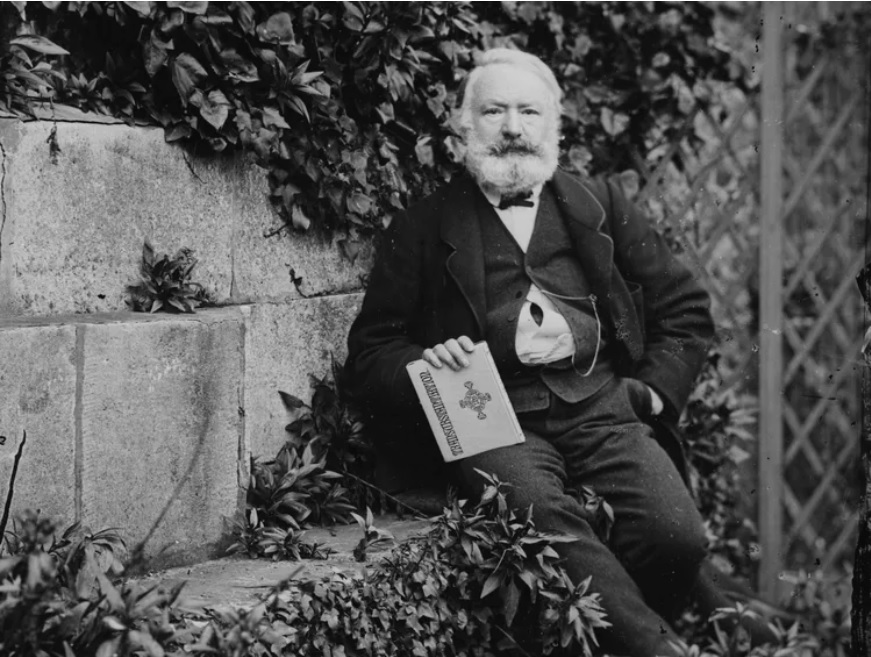Victor Hugo: The Titan Who Wrote with Fire and Fought with Heart
Born on a cold winter’s day—February 26, 1802, in Besançon, France—Victor Hugo entered a world already divided. His father, a hardened general of Napoleon’s army, believed in order and empire. His mother, a devout monarchist , clung to crown and tradition. Between these clashing worlds, a boy was forged—brilliant, conflicted, and destined to shake the soul of a nation.

From an early age, Hugo’s pen burned with promise . At just 17, he captured a literary prize , and by 20, he had published Odes and Various Poems, earning the favor of King Louis XVIII himself . But he would not remain the darling of royalty for long. For Hugo, writing was never just about beauty—it was about truth.
He shattered classical conventions with Hernani (1830) , a play so radical it sparked riots at the Comédie-Française. A year later, he gave the world The Hunchback of Notre-Dame —a haunting tale that resurrected Gothic architecture and breathed life into the tragic souls of Quasimodo and Esmeralda.
But Hugo was more than a literary genius—he was a warrior for the voiceless. With The Last Day of a Condemned Man (1829) ☠️, he thundered against the cruelty of the death penalty. And in 1862, his magnum opus Les Misérables tore open the wounds of poverty, injustice, and human dignity. Through Jean Valjean’s journey, Hugo became the conscience of a wounded France.
When Napoleon III seized power in 1851, Hugo chose exile over silence. For 19 long years, he lived in the storm-swept Channel Islands , penning political manifestos that struck like lightning . He returned in 1870 to a changed France—and was hailed a national hero .
As a senator, he championed free education, universal suffrage, and the abolition of the death penalty . Even as his body aged, his convictions burned undimmed.
On May 22, 1885, Victor Hugo died at 83 . But his death was not an end—it was a national mourning. Over two million people flooded the streets of Paris to pay tribute to the man who had given them not just literature—but hope. He was laid to rest in the Panthéon, among France’s immortals 🇫🇷.
Victor Hugo was not merely a writer.
He was a revolution in ink,
A voice for the broken,
And a soul that never surrendered.
